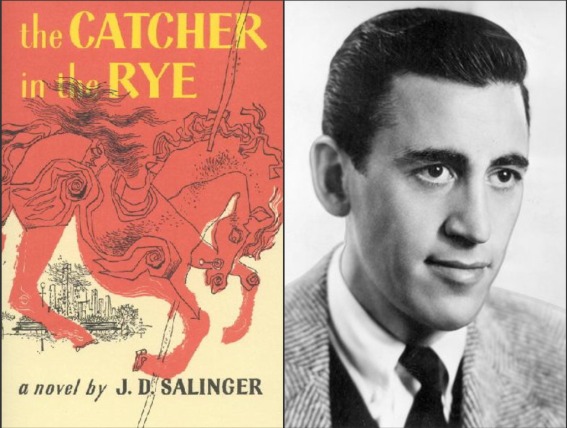Some masterpiece films evoke life-affirming lessons by taking us inside the mansion of a media mogul, to the vast Arabian Desert, to the confines of a Vietnam War madman or to the far reaches beyond Jupiter’s moons. Akira Kurosawa’s “Ikiru” does so by introducing us to a sad and lonely old man dying of cancer.
Akira Kurosawa is one of the most famous of all Japanese directors. However, he is so legendary because unlike his colleagues Ozu and Mizoguchi, Kurosawa was considered the most Western of all the Japanese auteurs. Recognizable to the public mostly thanks to his samurai epics and tales that later became spaghetti Westerns, Kurosawa’s “Ikiru” in 1952 was a human drama near the middle of his career. It is radical in the way it speaks so simply and with familiarity and yet so broadly about universal topics.
“Ikiru,” which in English means “to live,” finds a reason to live life when so many others are doing nothing more than trying to survive it. Kurosawa’s catalyst is Kanji Watanabe (Takashi Shimura), a man who, when we first meet him, is virtually dead, only to discover he will be literally dead very soon. He’s the head bureaucrat in a dead-end office of the public services department, and he’s stayed in that position for 20 years by essentially not doing anything. “I was always busy, but I can’t think of a single thing I’ve done,” he later realizes. Continue reading “Ikiru (1952)”







